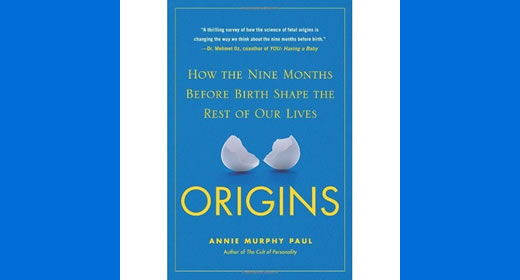
Their country straddling the equator, Indonesians know two basic seasons: dry and wet. However, the length of the rainy season can vary widely across this archipelago comprised of thousands of islands. Village farmers are used to this, and have adapted their agricultural practices over generations to accommodate the local climate and topography. But, when rainfall is unusual compared to normal levels in that village—for example when a drought strikes—crop yields can suffer dramatically. Interestingly, rainfall affects more than a single season's crops, explains economist and Ford School lecturer Sharon Maccini. For Indonesian women born in the 1950s through the 1970s, she's found that early life rainfall impacts health, wealth, and education far into the future.
Inspired by the "Barker Hypothesis," which posits a connection between nutrition in utero and long-term health, Maccini wanted to test how men and women born into rural farming communities, where livelihoods are dependent on rain, were impacted by the "luck factor"—how much it happened to rain during their first year of life.
Maccini and her co-author, associate professor Dean Yang, combined decades of data from hundreds of rainfall stations across the Indonesian archipelago with results from a rich RAND panel study that tracked dozens of well-being measures for thousands of representative families over a decade. Their careful analysis revealed that higher than average rainfall didn't impact boys, but girls born in years with higher than average rainfall fared significantly better than peers born in drier years. In later life, they were taller, had more years of schooling, and were better off financially.
"There's some new evidence that, during times of hardship, girls feel it more," says Maccini. "Girls, who may get second dibs on things, may do well only when there are extra resources around."
Maccini, who regularly teaches "Public Health in Developing Countries" at the Ford School, says the research underscores the need for stronger social safety nets in developing countries. "A broader health safety net would help support people at any time—not just a drought," Maccini explains. "If mothers and children can get enough nutrients when there's a crisis, it will reduce long-term health problems and increase their prospects for economic wellbeing later in life."
Below is a formatted version of this article from State & Hill, the magazine of the Ford School. View the entire Fall 2010 State & Hill here.